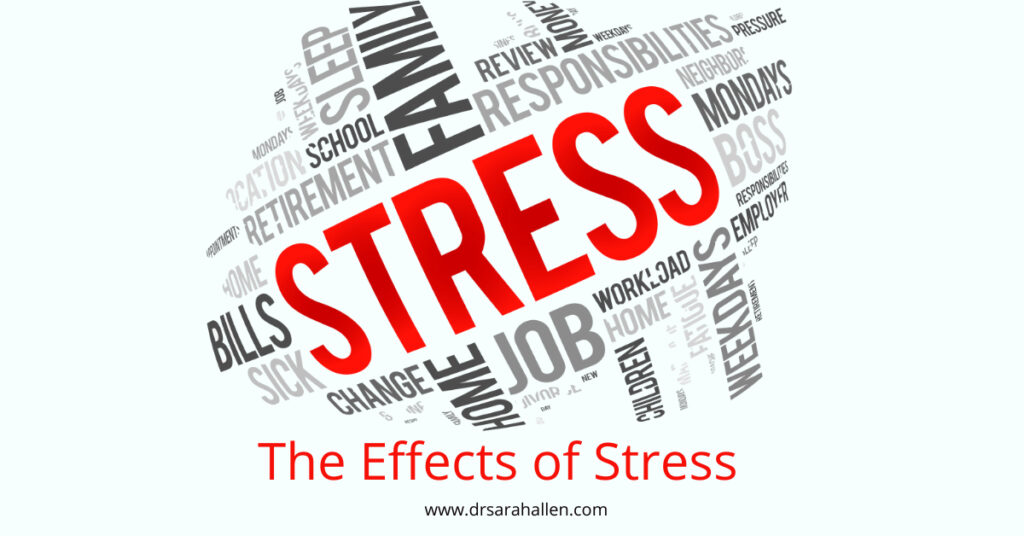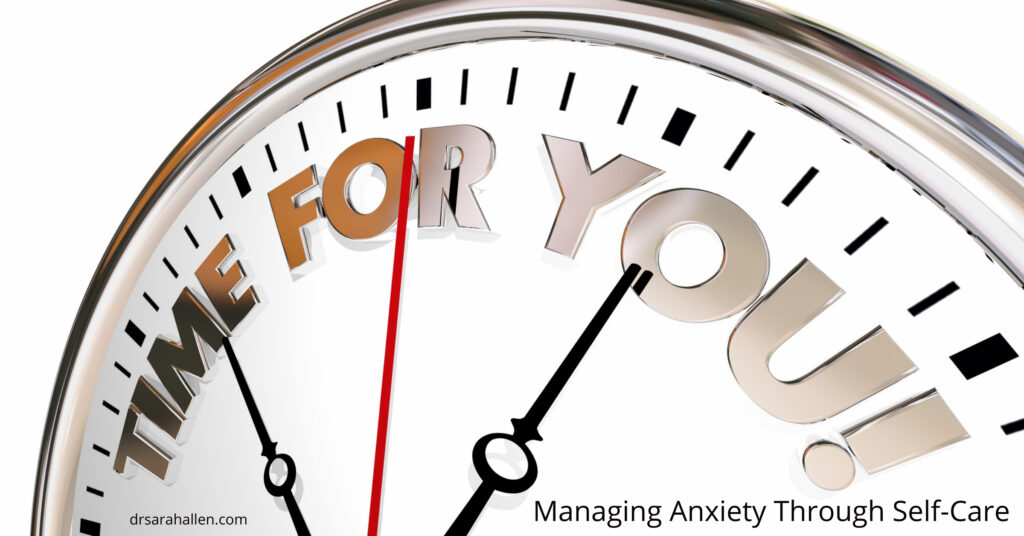
Stress is an inevitable part of life. It can come from many sources, such as work, family, or personal issues. But did you know that stress can affect your body in significant ways? When you’re stressed, your body releases hormones that can impact different systems, leading to various physical symptoms.
Over time, stress can take a toll on your body. It can cause headaches, muscle tension, and even changes in your heart rate. Some people might feel stomach issues or have trouble sleeping. These symptoms can make it hard to do daily tasks and enjoy life. However, recognizing these symptoms is the first step to managing stress better.
I work with many clients who struggle with stress. Through therapy, I’ve seen how people can learn to manage their stress and improve their overall health. It’s important to address stress early and find effective ways to cope. In the following sections, you’ll learn more about the physical effects of stress and how therapy can help.
Common Physical Symptoms of Stress

Stress can manifest in your body in many ways. The symptoms might be different for each person, but some are very common. When stress is high, you might experience headaches. These can range from mild tension headaches to severe migraines.
Muscle tension is another frequent symptom. Stress can cause your muscles to tighten, leading to pain and discomfort, especially in the neck, shoulders, and back. Some might even feel muscle spasms due to stress.
Digestive issues can also occur. Stress might cause stomach aches, nausea, or changes in appetite. Some people may experience constipation or diarrhea. These symptoms can disrupt daily life and make it hard to stay active.
Sleep problems are also common. Stress can make falling or staying asleep difficult. This can result in feeling tired during the day and having less energy. Fatigue can then lead to problems concentrating and performing tasks.
How Stress Impacts Key Body Parts
Stress affects various parts of the body. Knowing how stress impacts these areas can help you understand the importance of managing it. Here’s a breakdown:
Brain: Stress hormones can affect brain function. This might result in problems with memory and concentration. Stress might also increase the risk of anxiety and depression.
Heart: Chronic stress can lead to high blood pressure. This increases the risk of heart disease and stroke. Stress might also cause faster heartbeats, which strain the heart over time.
Immune System: Long-term stress can weaken the immune system. This makes it easier to get sick and harder to recover from illnesses. The body’s ability to fight off infections decreases.
Skin: Stress can cause skin problems like acne, eczema, and psoriasis. These conditions might worsen due to the body’s response to stress.
Respiratory System: Stress can make breathing harder, especially for people with asthma or other lung conditions. During stress, breathing patterns might change, causing shortness of breath.
Understanding these impacts can motivate you to manage stress better. The sooner you address these symptoms, the better your overall health can be.
Benefits of Stress Management Through Therapy
Therapy can be a powerful tool in managing stress. I have helped many clients find ways to cope with stress effectively. Therapy offers a safe space to talk about your feelings and identify the root causes of your stress. Understanding where the stress comes from is crucial in finding the right coping methods.
One benefit of therapy is learning stress management techniques. These can include deep breathing exercises, mindfulness, and other relaxation techniques. When we feel stressed adrenaline causes our thoughts to race. These methods help calm the mind and stop our thoughts racing so we can think straight and calm the body, reducing the physical toll stress can take on the body.
Therapy also helps build resilience. Through sessions, you can develop skills to handle stress better. This can include problem-solving skills and ways to change negative thought patterns. The goal is to make sure stress doesn’t take over your life.
Practical Tips to Reduce Stress
In addition to therapy to change the way we think about stressors we can take some simple practical steps that can also help:
Exercise Regularly: Physical activity helps lower stress hormones. This can be as simple as taking a walk, yoga, or any workout you enjoy.
Eat a Balanced Diet: Eating healthy foods can improve your mood and energy levels. Avoid too much caffeine and sugar, which can increase stress.
Get Enough Sleep: Aim for 7-9 hours of sleep each night. A regular sleep schedule can help your body manage stress better.
Practice Mindfulness: Techniques like meditation or deep breathing can calm your mind. Even a few minutes a day can make a difference.
Stay Connected: Spend time with friends and family. Talking to someone can help relieve stress and offer new perspectives.
Set Priorities: Learn to say no when overwhelmed. Focus on tasks that matter most and delegate when possible.
Conclusion
Understanding the physical effects of stress is the first step in managing it. Stress can impact various parts of your body, causing a range of symptoms that can interfere with daily life. Through therapy, you can learn the root causes of what is making you feel stressed, effective strategies to cope with stress and so improve your overall well-being. Practical tips like regular exercise, a balanced diet, and mindfulness can also play a useful role in stress reduction.
If you feel overwhelmed by stress, seeking professional help is a proactive step. Don’t let stress control your life. It has negative consequences on your health, relationships and productivity Reach out today to learn how my supportive therapy can help you manage stress better and improve your well being. We all need a little help sometimes!
Contact Dr. Sarah Allen, an experienced anxiety therapist in Chicago, to start your journey toward stress-free living today.

If you have any questions, or would like to set up an appointment to work with me and learn how to reduce anxiety, please contact me at 847 791-7722 or on the form below.
If you would like to read more about me and my areas of specialty, please visit Dr. Sarah Allen Bio.
Dr. Allen’s professional license only allows her to work with clients who live in IL & FL & the UK and unfortunately does not allow her to give personalized advice via email to people who are not her clients.
Dr. Allen sees clients in person in her Northbrook, IL office or remotely via video or phone.

What Can I Read That Helps Me While I Am Waiting For My First Appointment With Sarah?
Download this free booklet to gain valuable insights and practical strategies for managing anxiety and worrying.










































